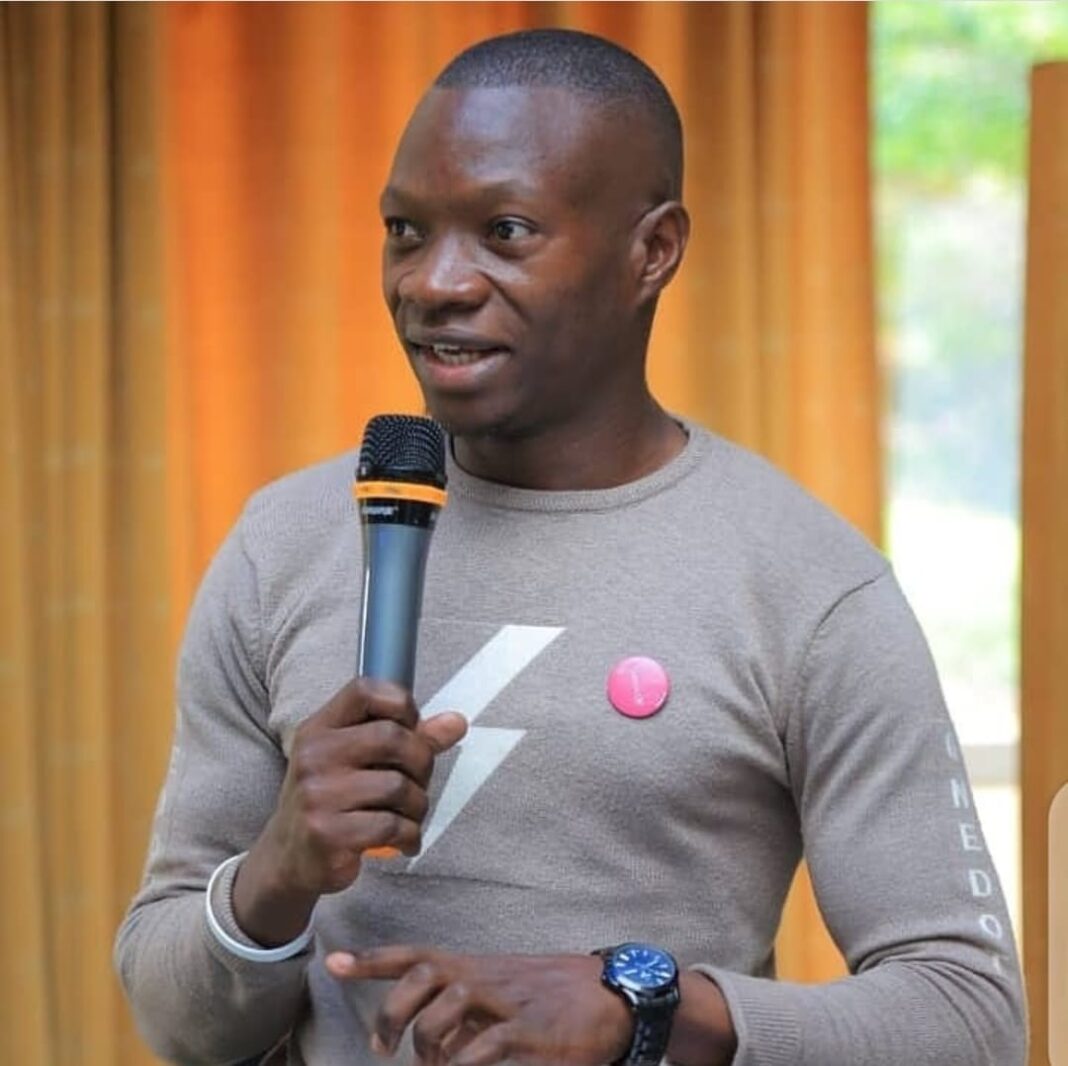Intimate partner violence (IPV) is a critical issue in sub-Saharan Africa, particularly in Uganda, where it disproportionately affects women and children. According to the Ballard Brief, 65% of Ugandan women report experiencing some form of IPV, including physical, emotional, or sexual violence. Additionally, the Uganda Bureau of Statistics’ 2020 National Survey on Violence against Women and Girls (VAWG) reveals that 95% of Ugandan women and girls have suffered physical or sexual violence—or both—by partners or non-partners since the age of 15.
The consequences of these violent acts are severe and far-reaching. Victims often endure physical injuries such as bruises, burns, broken bones, and even death. The spread of diseases like HIV is exacerbated by the violence, and mental health impacts, including depression and trauma, are common among survivors.
In Uganda, the root causes of IPV are linked to cultural dynamics, family property disputes, failure to provide for the household, substance abuse, and infidelity. These factors create an environment where violence is normalized, leaving women and girls vulnerable.
As a human rights advocate, I strongly condemn the rising violence against women and girls in Uganda. Two recent tragedies exemplify the brutality of IPV: 33-year-old Sergeant Rebecca Cheptegei, who died after suffering 80% burns when her partner, Dickson Ndiema, doused her in gasoline at her home in western Kenya’s Trans-Nzoia County on September 3, 2024. Another victim, 19-year-old Sharon Rukundo, was beheaded by her husband, identified only as Kude, in Juuko Zone, Katwe-Makindye Division.
While these stories highlight the devastating reality of IPV, they also remind us that the responsibility to prevent such violence rests on all of us. It is crucial that we move beyond merely condemning these acts and take concrete steps to intervene and prevent further harm. These horrific acts could have been prevented had we, as community members, played a more active role in providing guidance and support to young couples.
Although the scope of the problem is daunting, there are reasons for hope. Several interventions have shown that it is possible to reduce IPV through community engagement, education, and policy changes.
For example, Raising Voices, a Ugandan NGO, has developed the SASA! approach—a community-based intervention that focuses on shifting attitudes and behaviors around power dynamics and violence. SASA! empowers women and men to rethink gender roles and relationships, promoting mutual respect and non-violence. Evaluations have shown significant reductions in physical violence in communities where SASA! was implemented. This demonstrates that when communities engage in education and dialogue, real change is possible.
Similarly, ActionAid Uganda operates women’s shelters, providing survivors of IPV with safety, psychological support, and legal assistance. These shelters have helped many women rebuild their lives and seek justice. With government and community backing, expanding these services could provide more women with access to safety and healing.
As we approach the 16 Days of Activism against Gender-Based Violence, from November 25 to December 10, under the global theme “Orange the World: End Violence against Women Now!”, we must seize this moment to act. Men and boys, in particular, have a critical role as allies in ending violence against women and girls. By challenging abusive behaviors, modeling respect in relationships, and supporting education on consent and equality, they can contribute to a cultural shift that promotes the dignity and rights of women and girls.
Moreover, faith-based and traditional leaders, such as Katikiro, traditional healers, elders, and mothers-in-law, are increasingly seen as pivotal in preventing violence. By taking the lead in resolving family disputes and promoting peaceful households, these leaders can make a tangible difference in reducing IPV.
Government intervention is also crucial. Countries like Rwanda have made significant progress in reducing gender-based violence through government-backed One Stop Centers that offer survivors access to healthcare, legal support, and psychosocial services in one location. This holistic approach could serve as a model for Uganda, offering survivors a clear path to recovery and justice.
While IPV remains a significant challenge, these examples show that when communities, governments, and individuals come together to promote healthier relationships, change is possible. Let us not sit back, but rather work collectively to create a future where women and girls are safe from violence and treated with dignity and respect.
By: – Kasiita Mark Muganga
SRHR and Human Rights Activist

